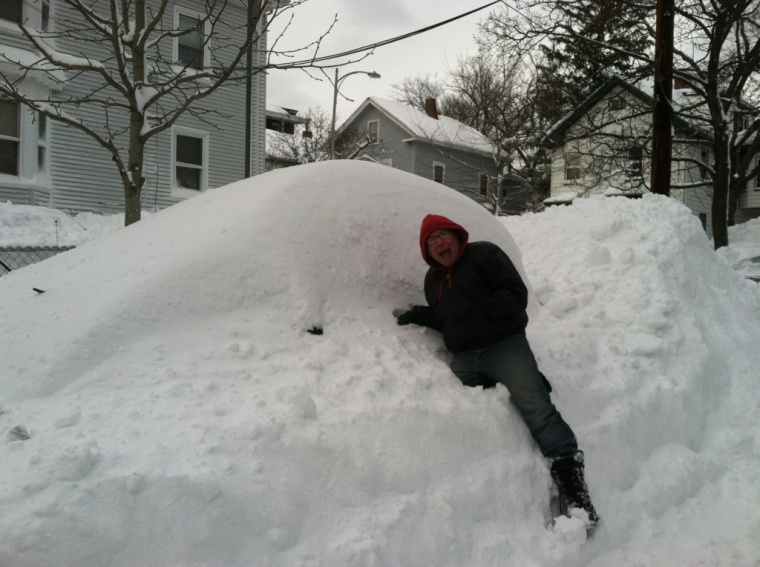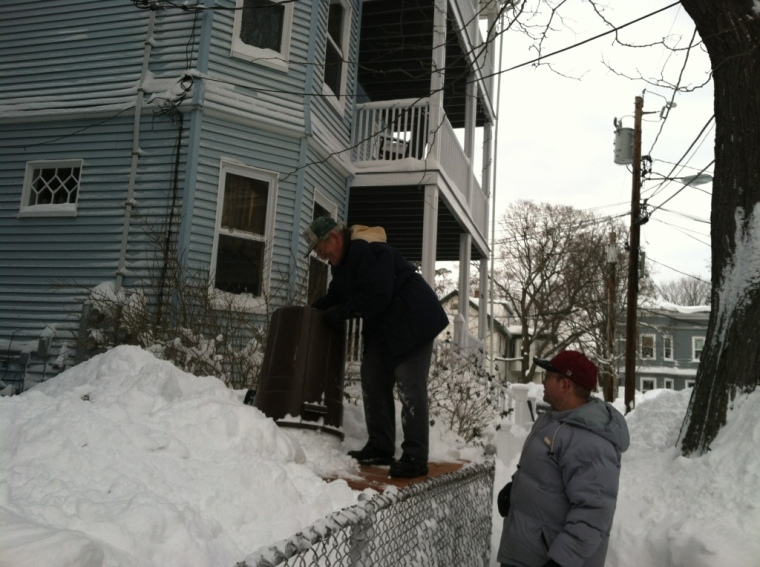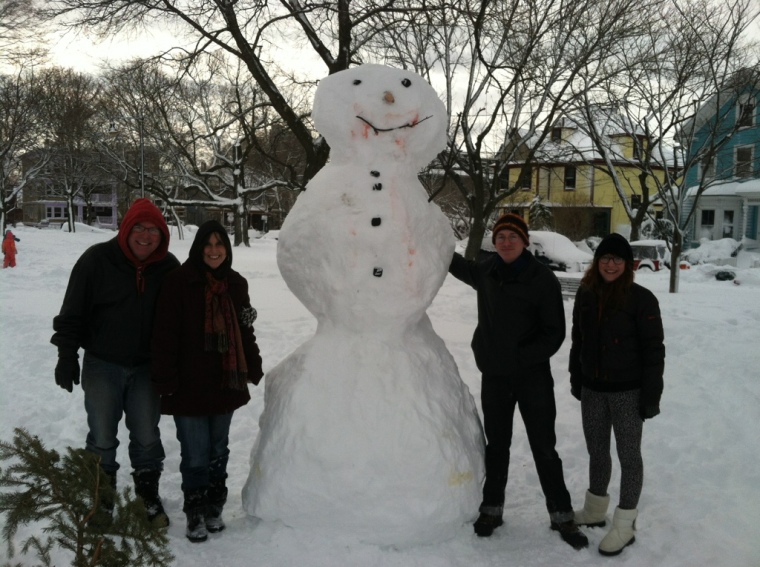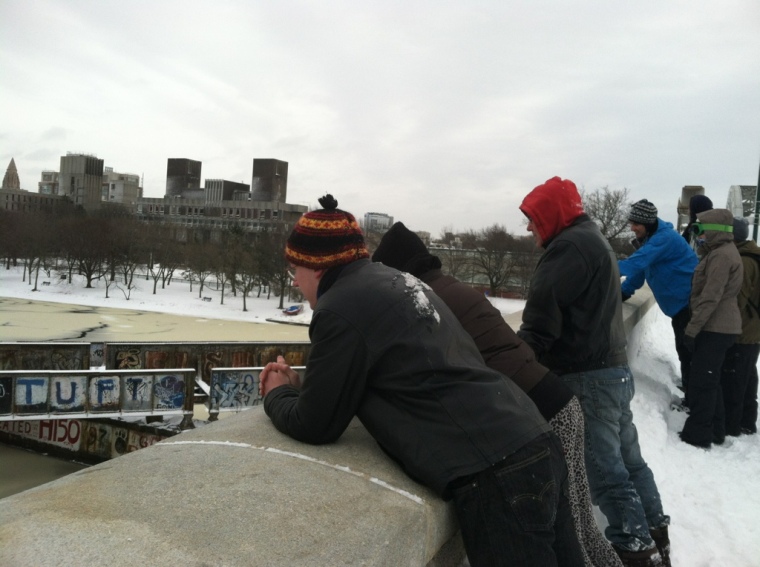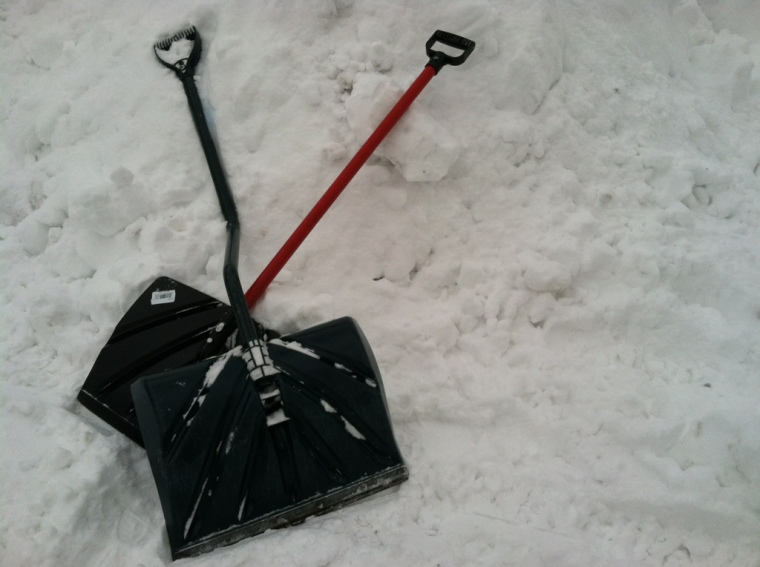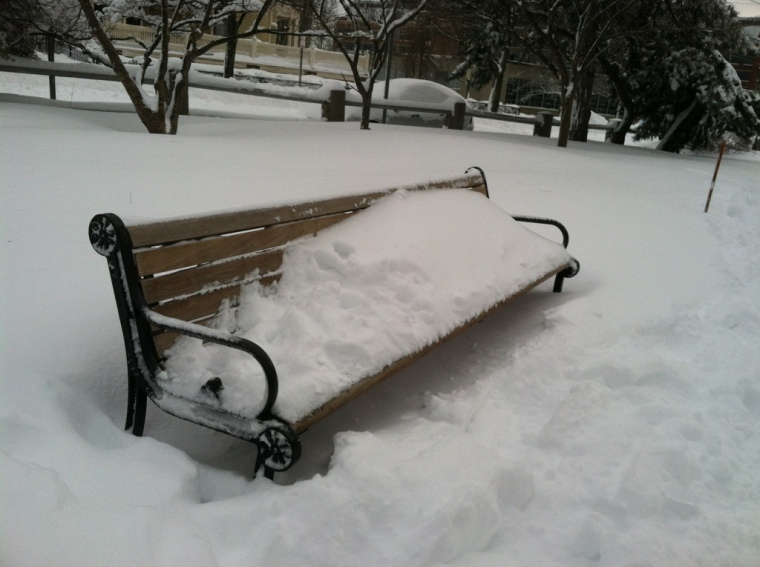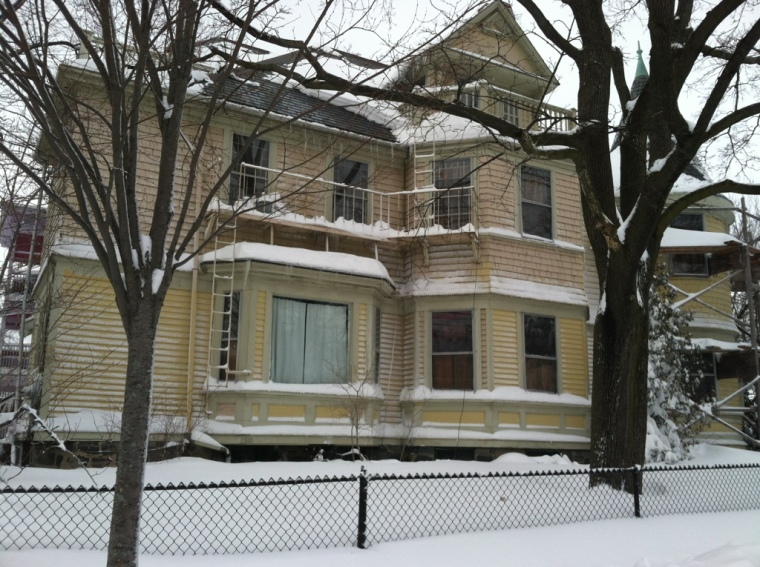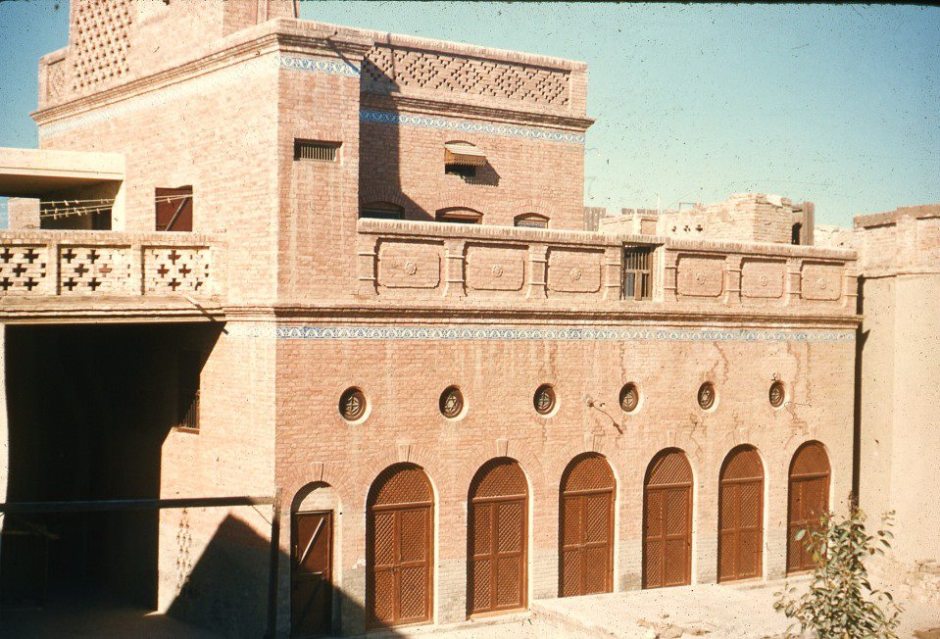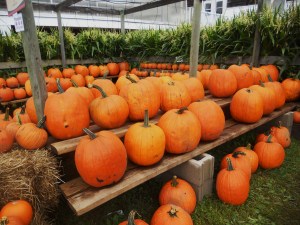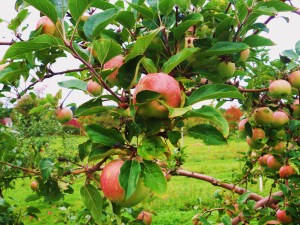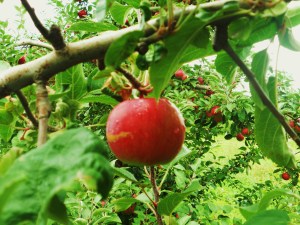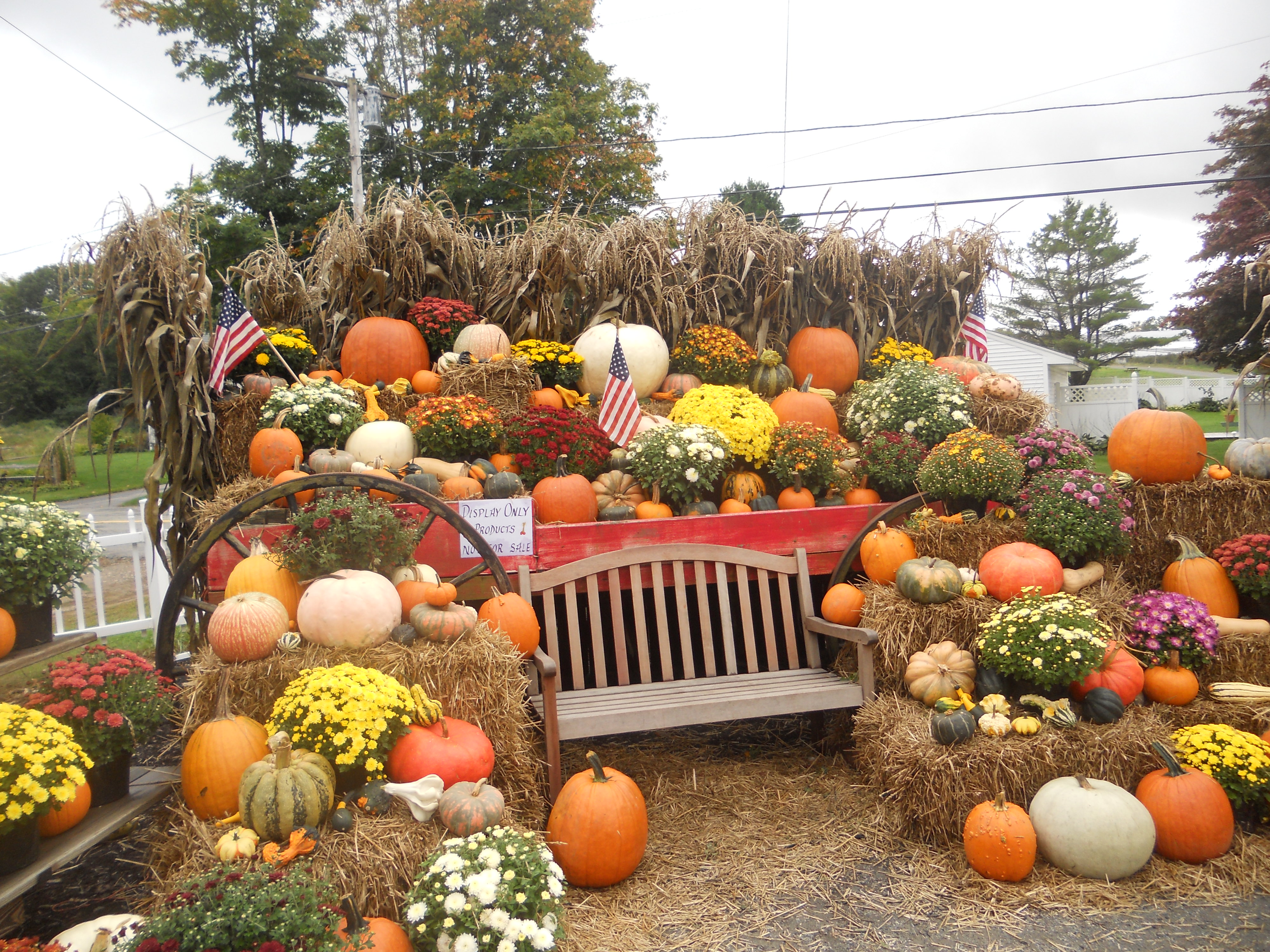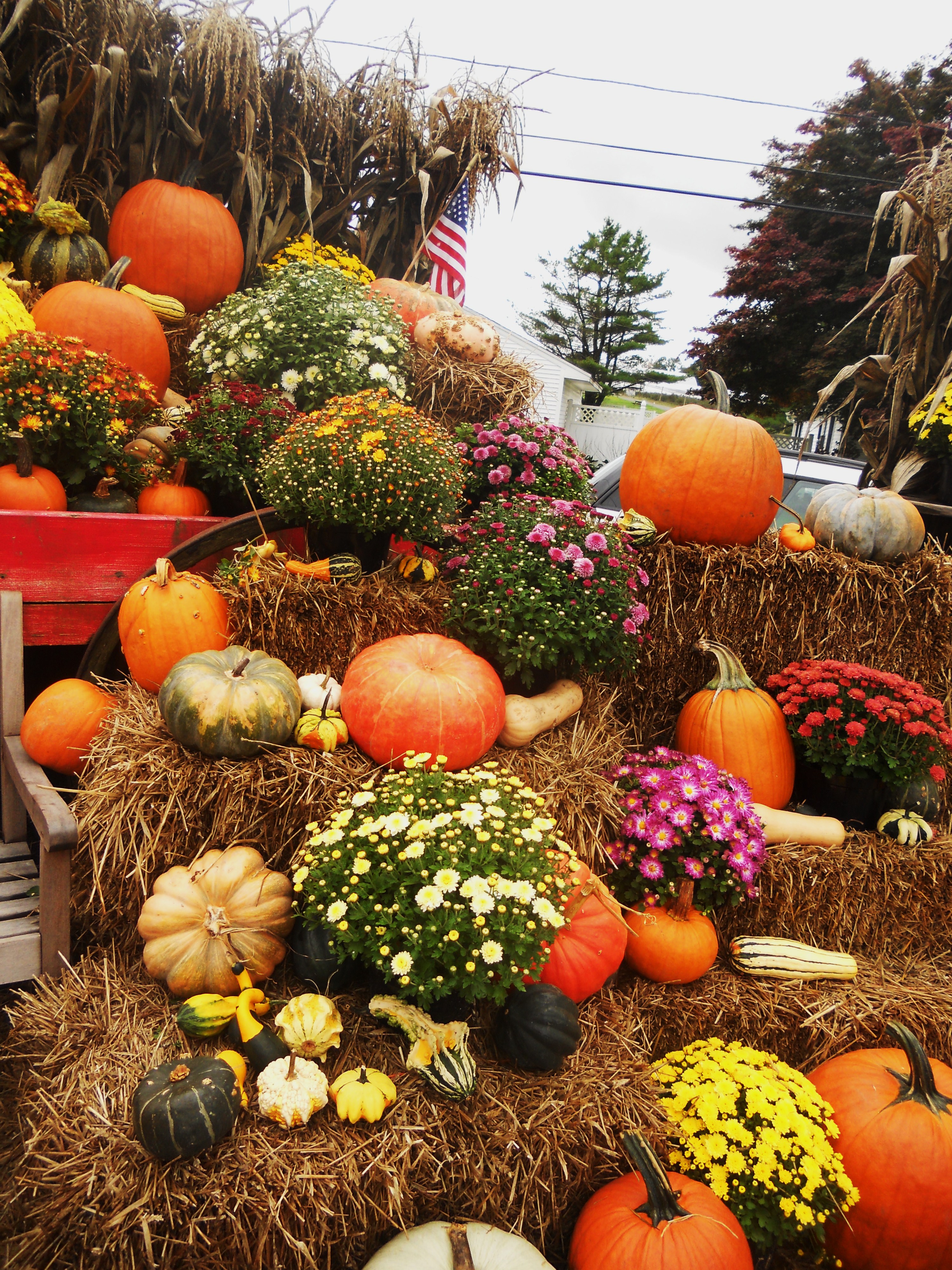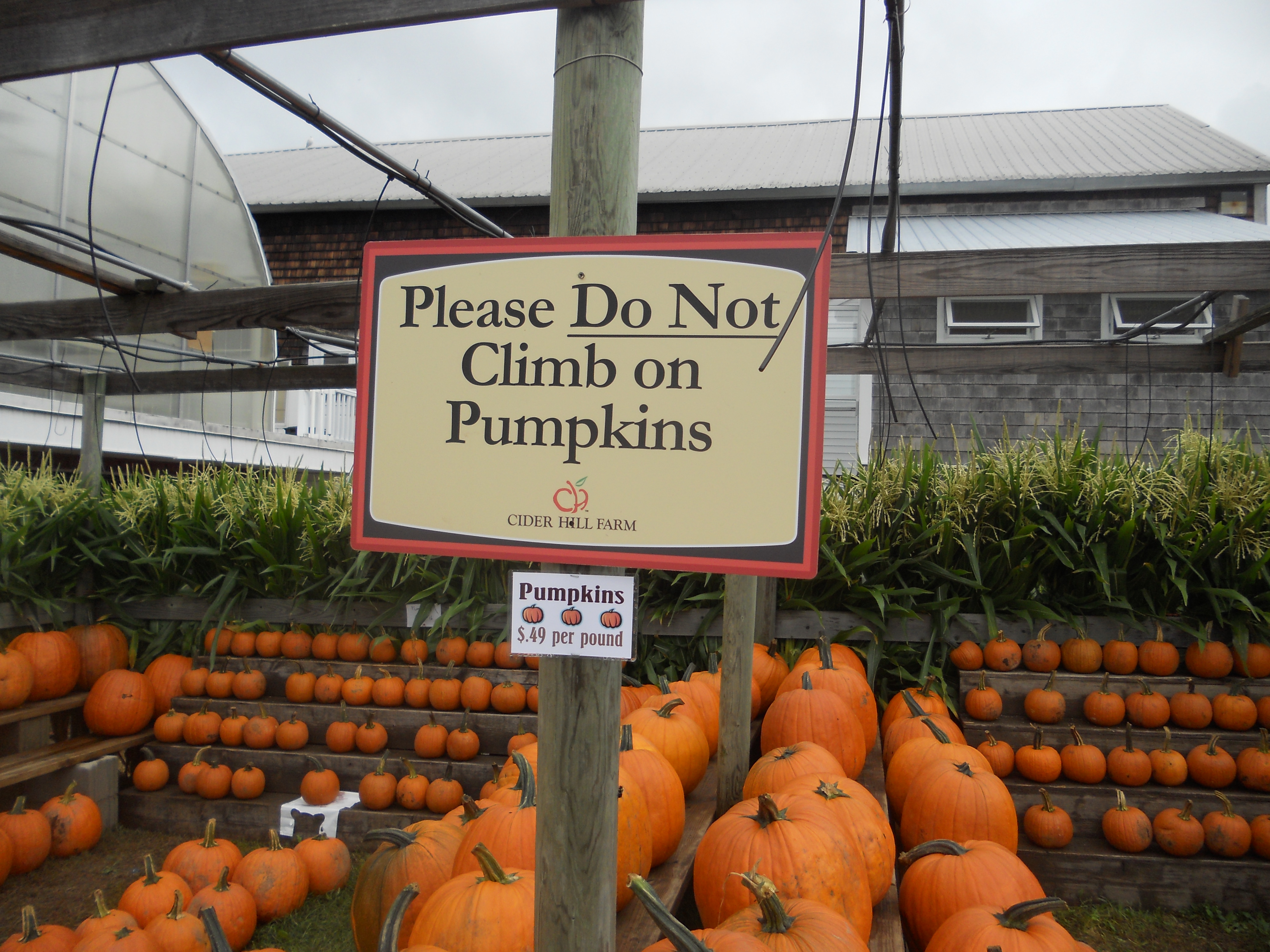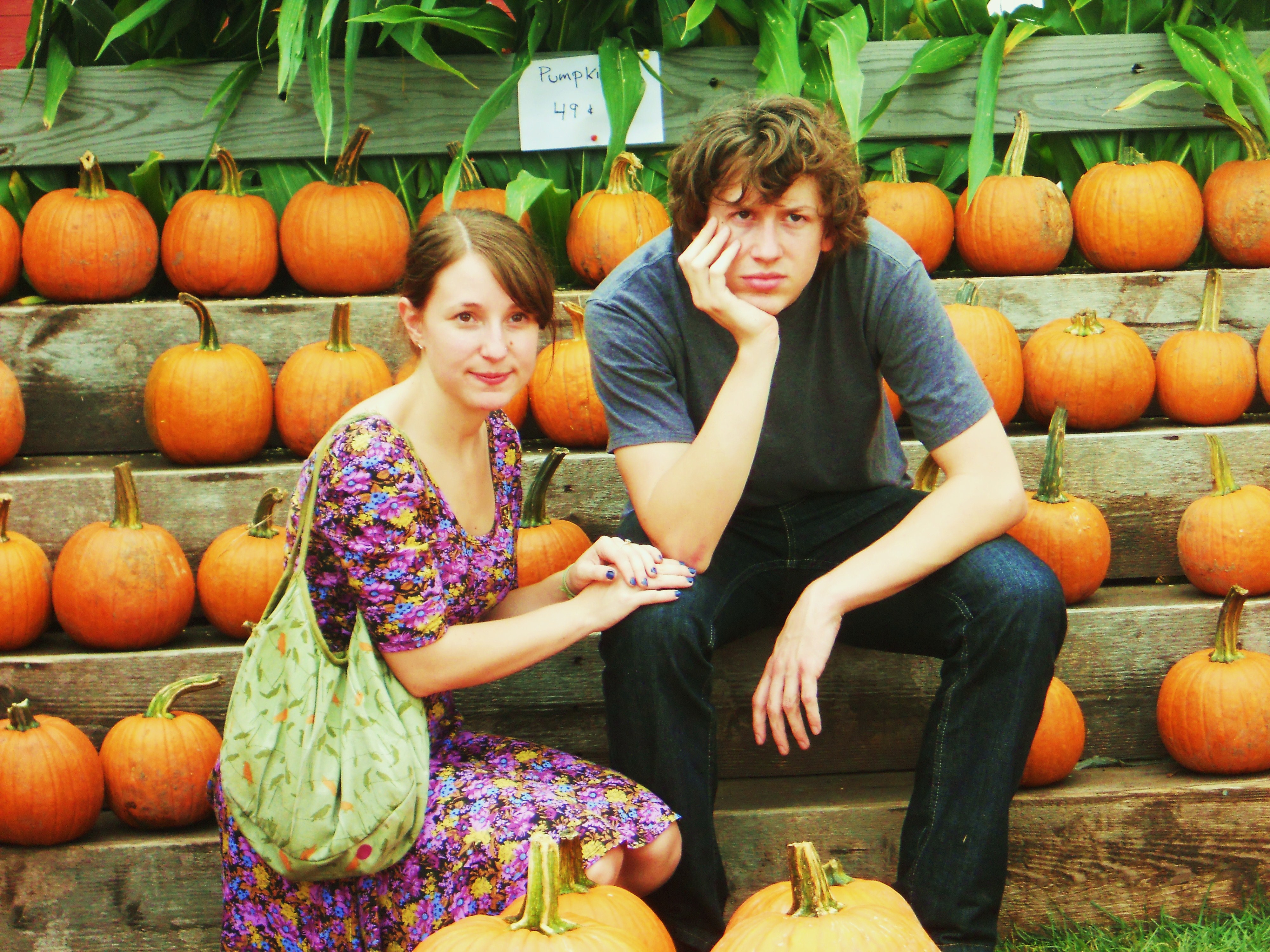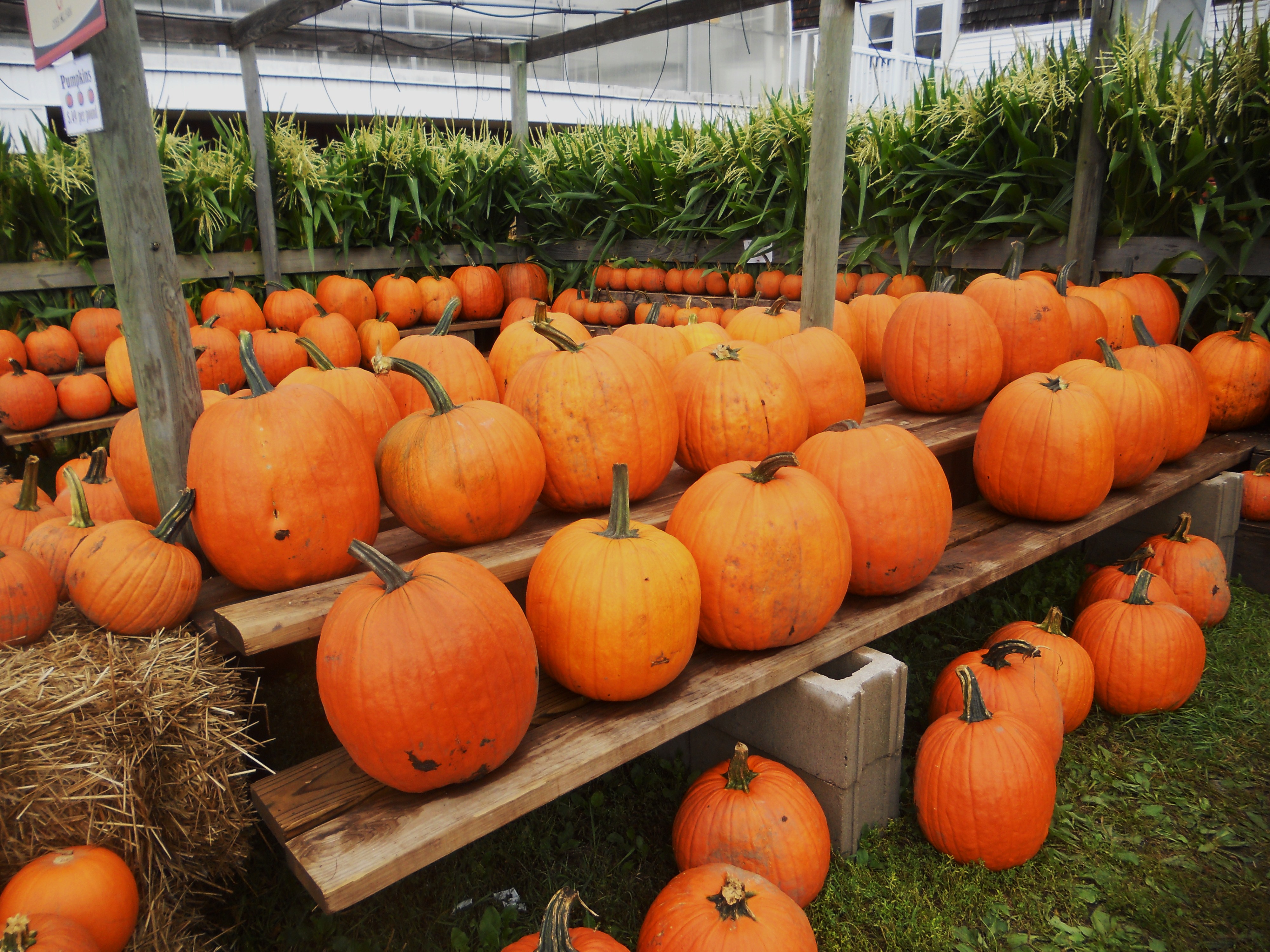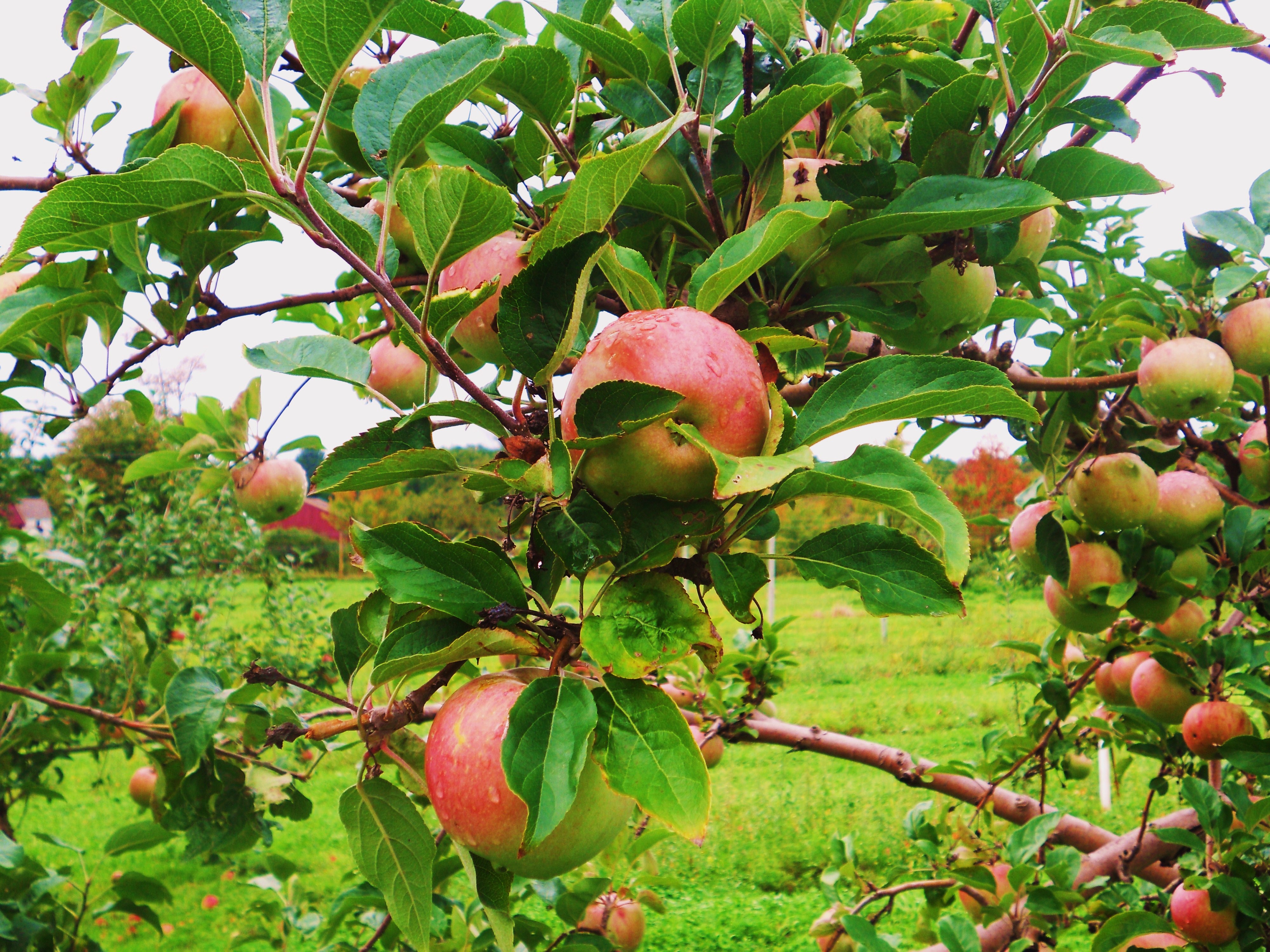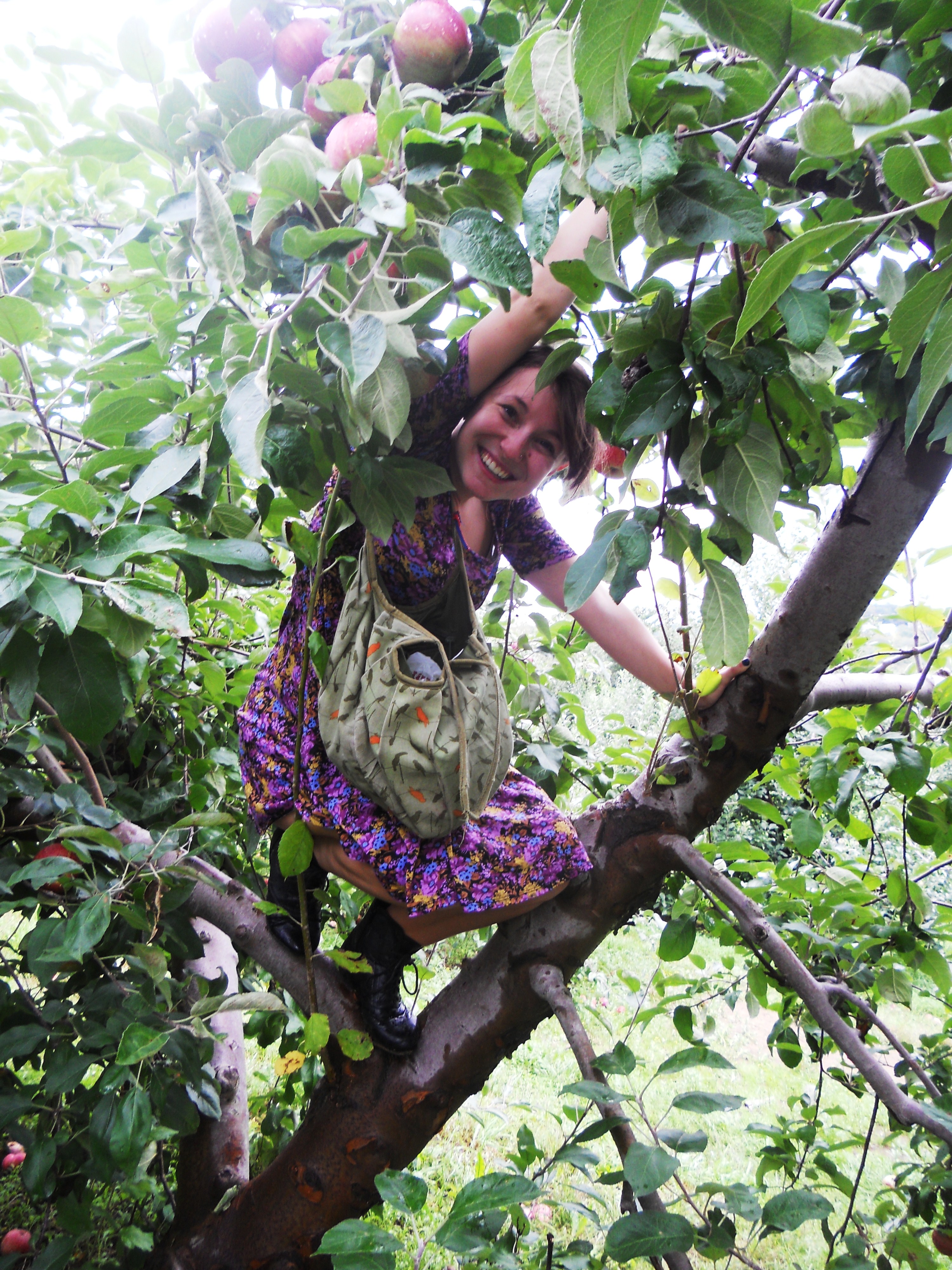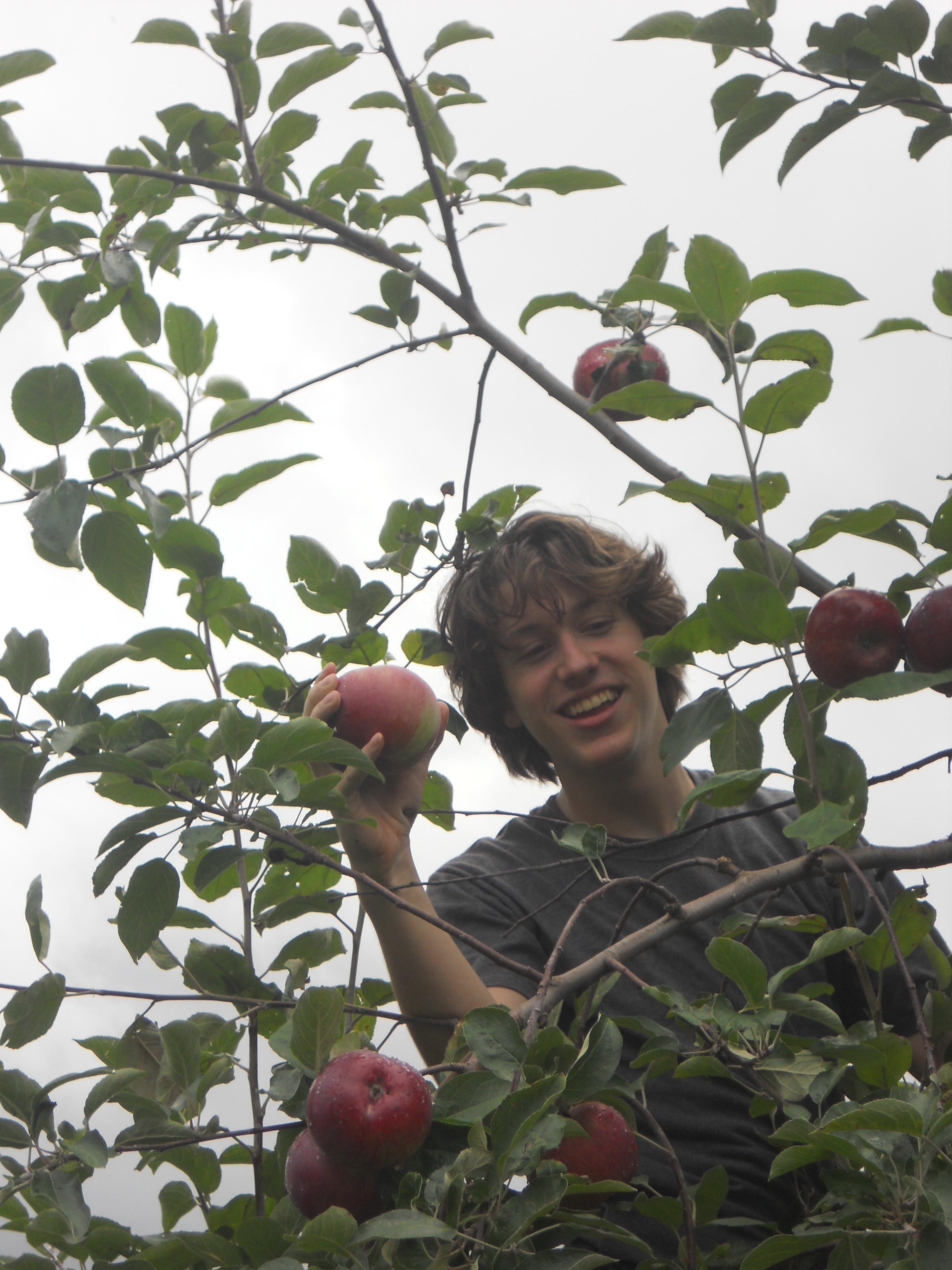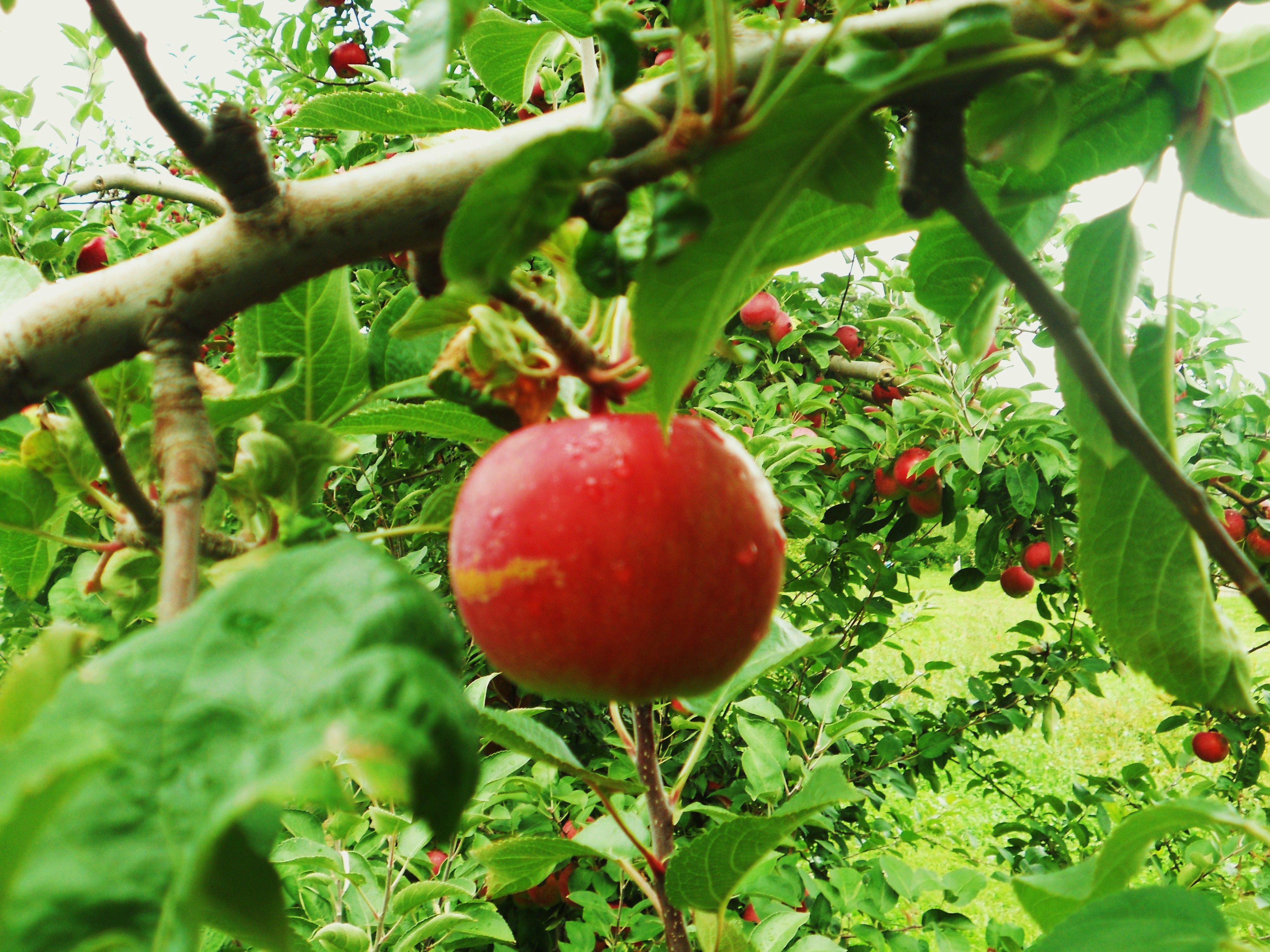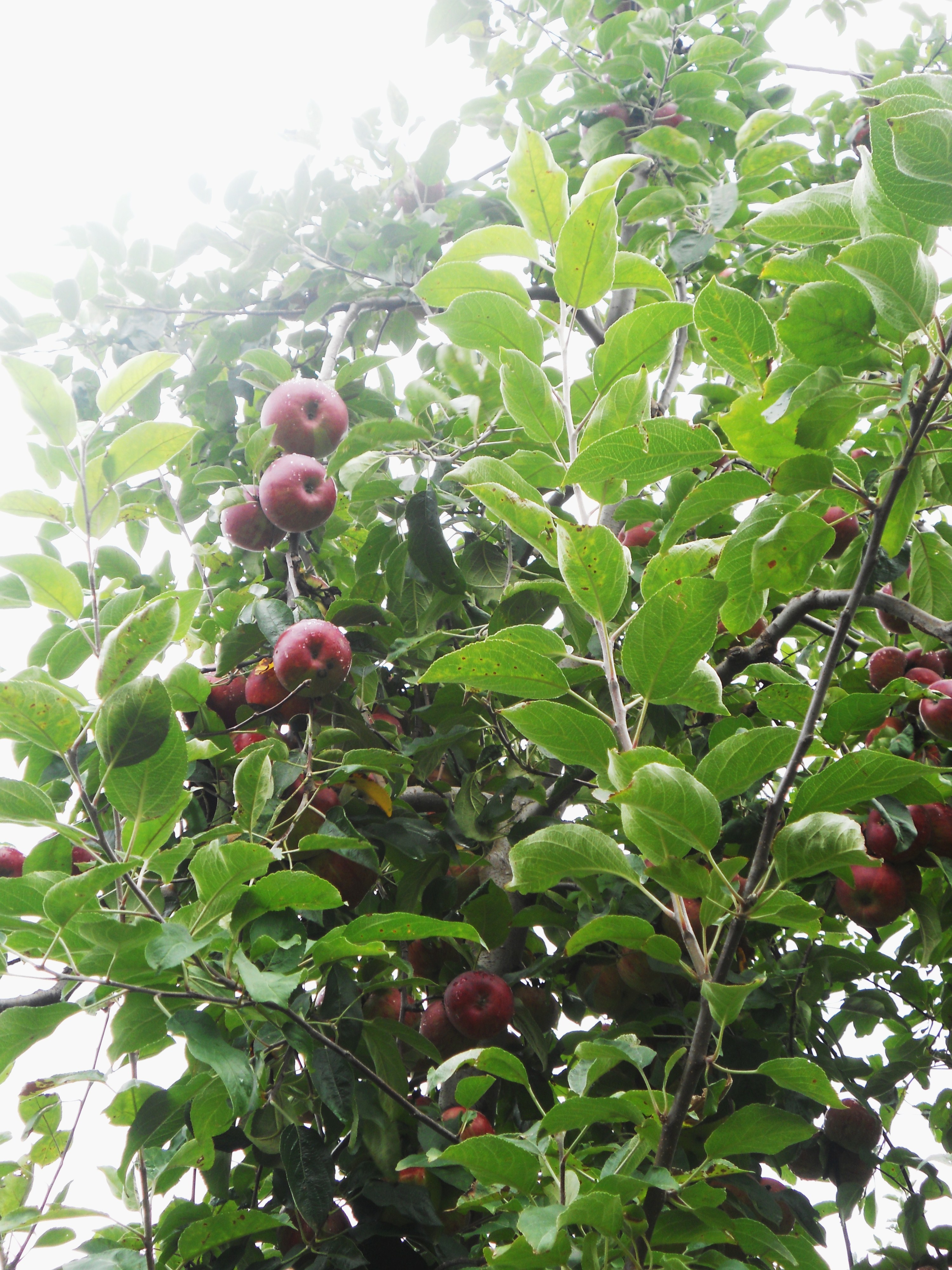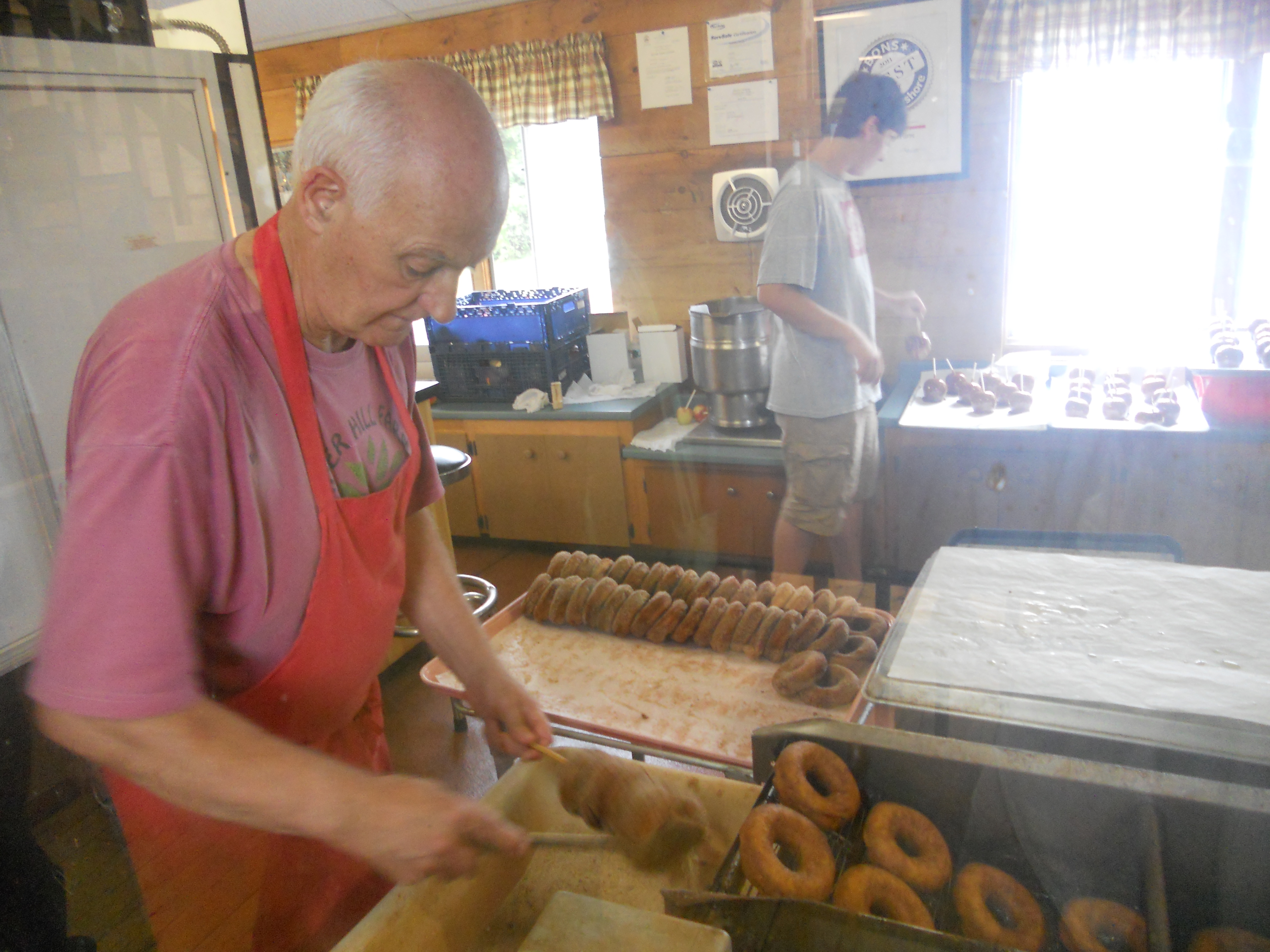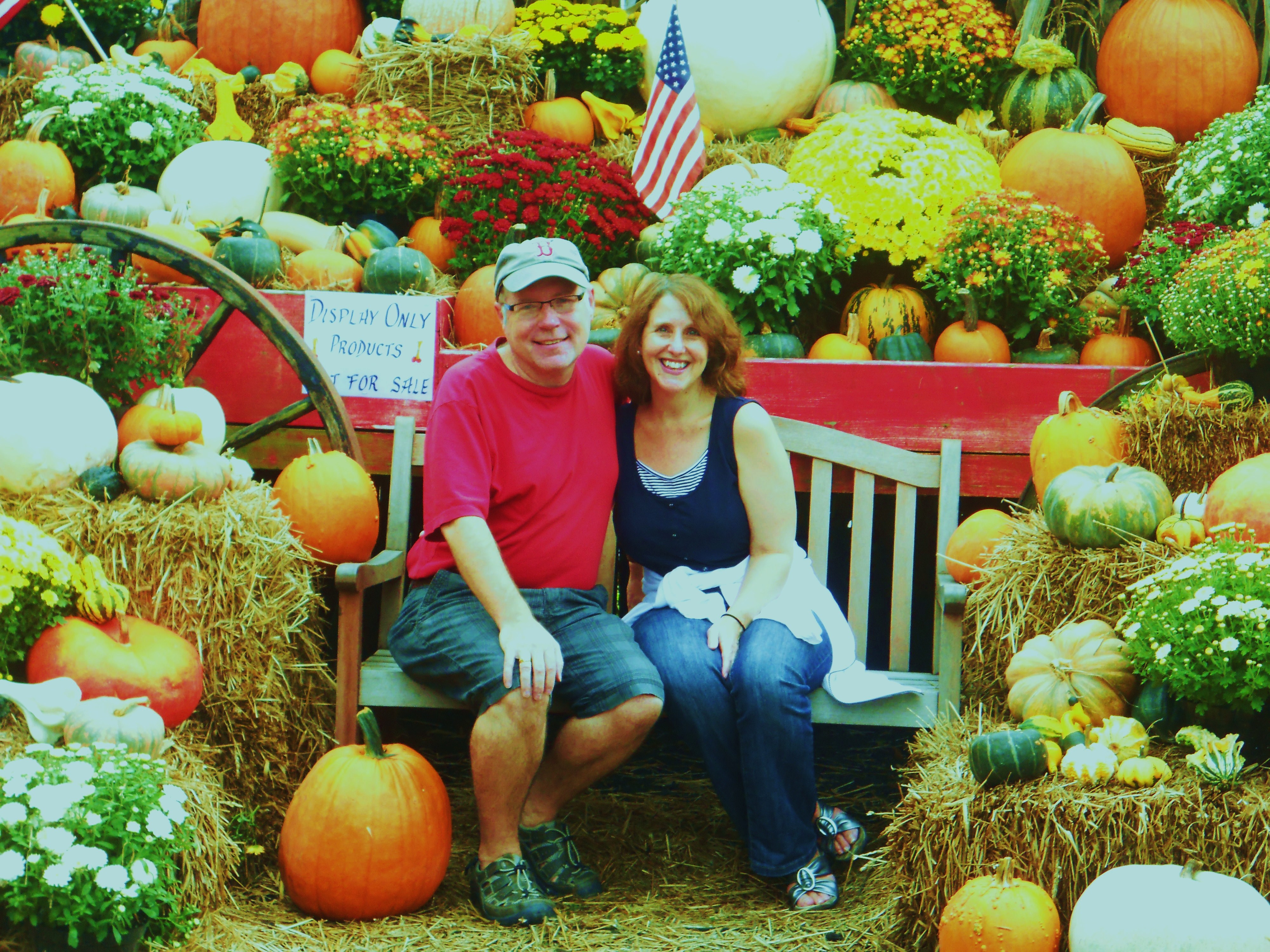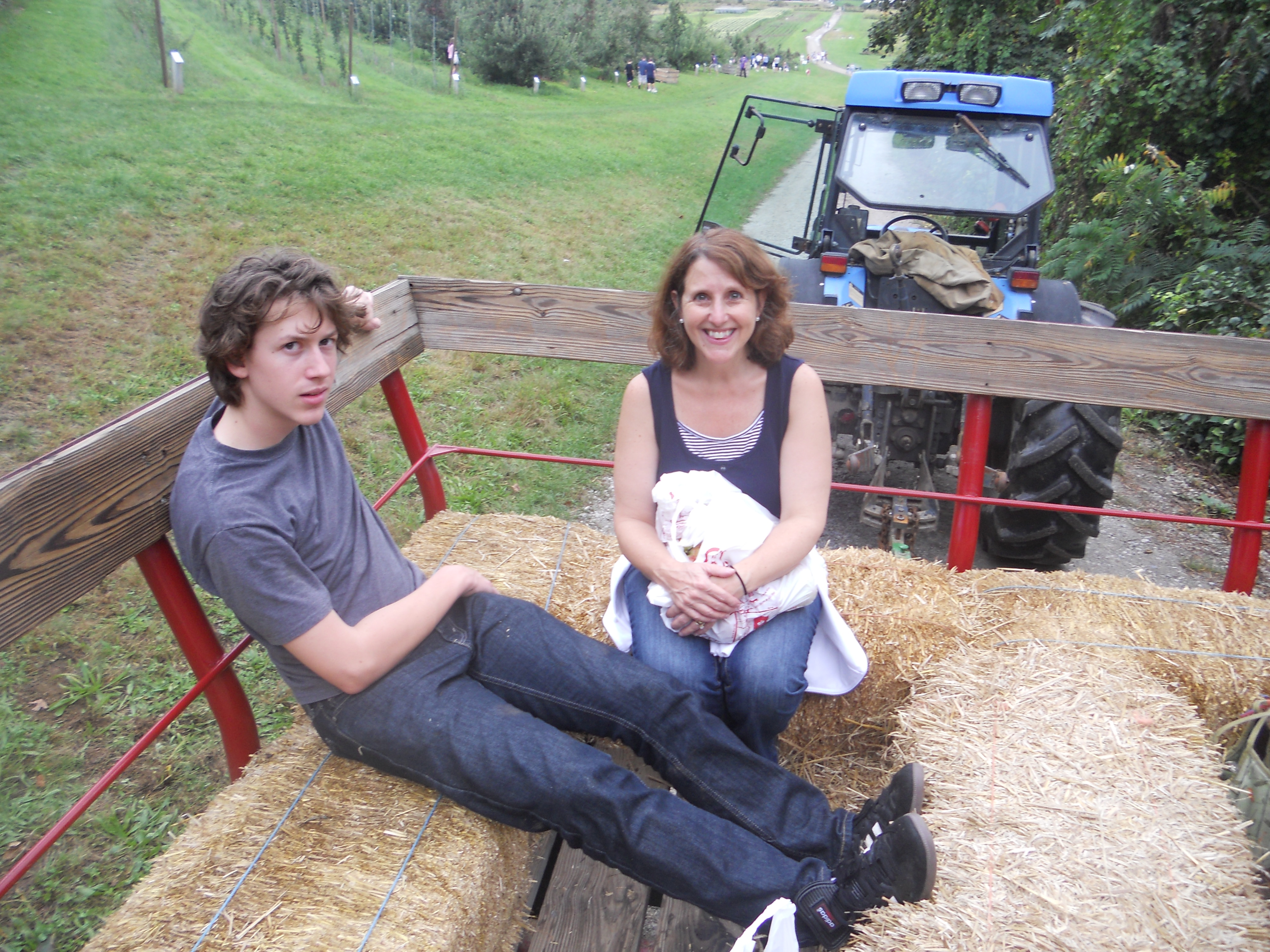It is a poignant irony that most of us don’t understand or empathize with the humanity of our parents until later in life. Until then they are ‘other’ and we can’t quite believe that they have the same sort of emotions that we do.
It’s this I think about as I look out on the golden glow of Autumn. All week I have been traveling in state for work. I have been traveling to Western and Central Massachusetts. As I looked out across the picture-post card landscape of a New England fall, every shade of yellow, orange, or red with splashes of green set against a stunning blue sky I suddenly caught my breath. For this is the autumn of my parents.
Both my mom and dad were raised in Massachusetts. In summer they had mountain laurel, green grass, and trees galore; in spring they had every shade of green in the budding trees, and every version of flower in gardens and parks; in the winter it was bare trees, warm homes, hot cocoa, and sledding down hills with friends.
And in Autumn they had the colors I now see every day, until a November chill wind would come, blowing all the leaves down, readying them for winter.
But my mom and dad left all that. For 35 years there was no Autumn. There was slightly chilly, warm, warmer, and warmest – the warmest raised the thermometer to the 120 degree Fahrenheit mark and above.
And I realize how much they must have missed these days of Autumn. How much they must have longed for the crisp apples and crisper mornings. I realize how much they must have missed family – my grandma – the only living grandparent; my aunts and uncles who were their brothers and sisters; my cousins – their nieces and nephews; and all that is New England. They left their world of Autumn and went to a region of Pakistan where Autumn didn’t exist.
So every Autumn for the last seven years I have enjoyed the Autumn of my parents. I have come to know a few things about the world and landscape of their childhood into their early marriage. I have driven the roads they logged so many miles on in old Chevrolets and Ford station wagons. I have stopped at Inns and eaten hot clam chowder, I have gone apple picking coming home with apples of every type, polishing some for a bowl on the table and peeling others to go into beautiful pies and other desserts. I have passed old churches with tall steeples and specially marked parking spots for the minister, the choir director, and the church organist.
I have learned a bit more about their world and the beauty of where they were raised.
It was a few years ago when my husband confronted me saying “You don’t want this area to be a part of your life – but it is a part of your life.” And he’s so right. And I’m so glad. There is the Pakistan of my life, the Egypt of my life, and the New England of my life. They are woven together, tapestry-like in the picture they create.
Removing this part of who I am, of where my parents were raised and what went in to making them the people they are, would sever the tapestry and it would be incomplete.
And ultimately – this story, this tapestry is woven by Someone far more creative than me, by Someone who knows how each thread, each part is woven carefully so it becomes a tapestry of complexity and beauty. Perhaps lovelier in some places, and more worn in others, but incomplete without all of it.
My parents are no longer in this place they love. They have moved on to a new place. And as I look out on the physical Autumn around me, I’m so grateful that where they now live they still have Autumn. And they are in the Autumn of their lives – the place where life becomes even sweeter as they realize the road behind them is longer than the road ahead.
And I am so glad that in this Autumn in their lives they still have the colors.







